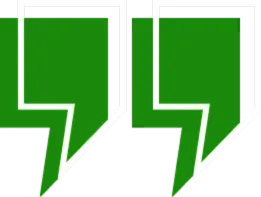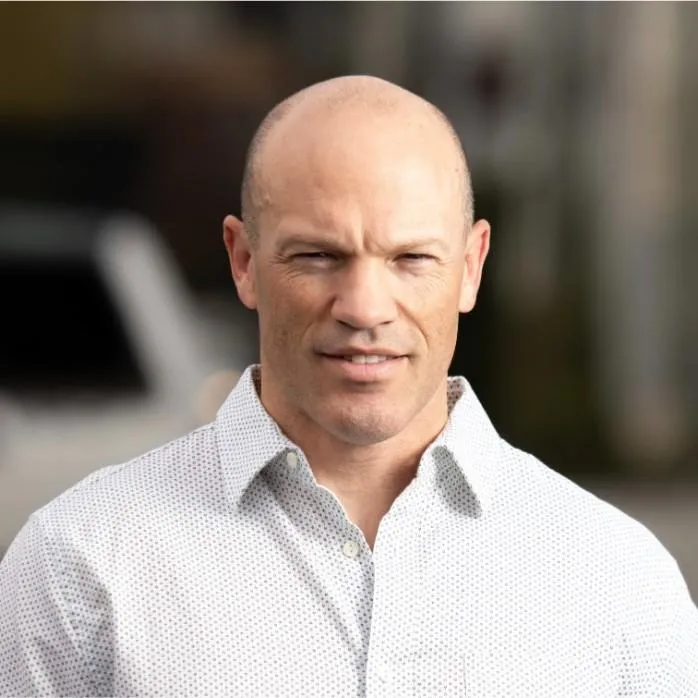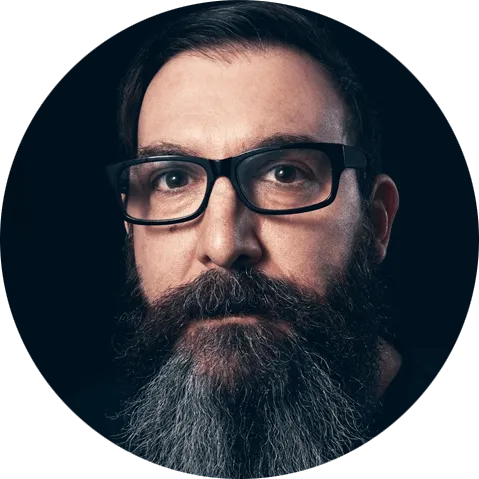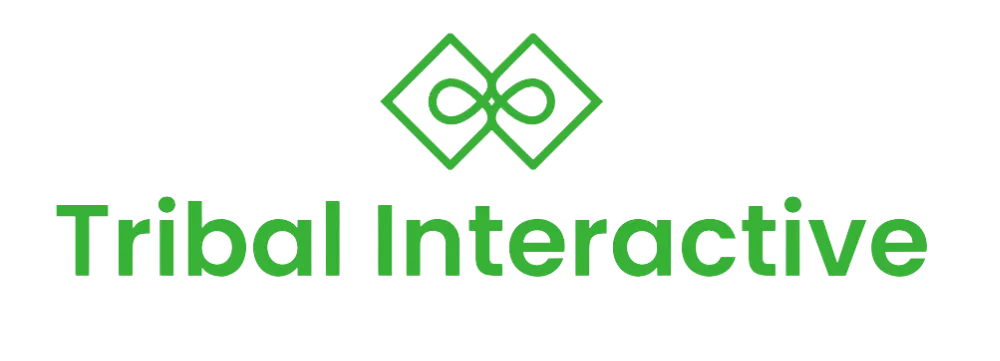Conflict is a natural part of life, but how we handle it often determines whether we remain stuck in dysfunction or move toward growth and resolution. The Drama Triangle, a model developed by Stephen Karpman in 1968, helps us understand the unconscious roles we may fall into during conflicts: the Victim, the Persecutor, and the Rescuer. These roles are not just theoretical—they are patterns we often see in our relationships and workplaces, keeping us trapped in cycles of blame, helplessness, and misplaced heroism that sustains the conflict rather than resolving it.
The Roles We Play
The Victim: The Victim feels powerless and oppressed, believing that external forces are to blame for their circumstances. This mindset leads to inaction and dependency on others to solve their problems. For instance, during a group session, one participant realized that they often felt like a Victim when dealing with their team, feeling overwhelmed and unsupported, which only deepened their sense of helplessness.
The Rescuer: The Rescuer, or Hero, intervenes to "save" the Victim, often without being asked. While this may seem like a noble role, it usually reinforces the Victim’s helplessness and keeps both parties stuck in their roles. In a recent session, a participant recognized their tendency to jump in and fix their colleagues’ problems, preventing them from developing their own problem-solving skills.
The Persecutor: The Persecutor, or Villain, blames and criticizes others or themselves, often justifying their harsh behavior as necessary for maintaining order. However, this role perpetuates the conflict by avoiding deeper reflection or resolution.
Unconscious Payoffs and Costs
One of the reasons we get stuck in the Drama Triangle is due to the unconscious payoffs we receive from these roles. These payoffs are the hidden rewards that keep us engaged in dysfunctional patterns, even when they are ultimately damaging.
For the Victim, the unconscious payoff might be the attention and sympathy they receive from others, which allows them to avoid responsibility. The cost, however, is a loss of personal power and growth. The Rescuer may feel a sense of self-worth and importance from being needed, but this often comes at the expense of their own energy and the empowerment of others. The Persecutor might gain a sense of control and superiority, but the cost is damaged relationships and a toxic environment.
These payoffs can be blind spots, keeping us from seeing the true costs of our behavior. Building awareness of these patterns is the first step in breaking free from the Drama Triangle.
The Symbiotic Relationship Between Victim and Hero
The Victim and the Hero often depend on each other to maintain their roles. The Victim needs the Hero to "save" them, which justifies their sense of helplessness. Meanwhile, the Hero needs the Victim to validate their sense of importance and purpose. This creates a symbiotic relationship that perpetuates the cycle. The Hero's interventions provide only temporary relief, ensuring that the Victim remains dependent, while the Hero continues to feel needed.
In one workshop, a participant who identified as a Hero realized that their constant rescuing of a colleague was not only exhausting them but also keeping their colleague from developing independence. This dynamic not only hindered the colleague’s growth but also kept the Hero from focusing on their own responsibilities and growth.
Moving Beyond the Drama Triangle
Breaking free from the Drama Triangle requires a conscious shift to more empowering roles:
Victim to Creator: Instead of seeing themselves as powerless, individuals can become Creators, taking responsibility for their lives and focusing on what they can control. This shift involves asking questions like, "What can I do to improve this situation?" and taking proactive steps toward change.
Persecutor to Challenger: The Persecutor can transform into a Challenger, offering constructive feedback without blame. This role focuses on encouraging growth and improvement, rather than tearing others down.
Rescuer to Coach: The Rescuer can become a Coach, empowering others to solve their own problems rather than stepping in to fix things. This approach fosters independence and growth in others, while also freeing the Coach from the burden of constantly rescuing others.
Conclusion
The Drama Triangle offers a powerful model to understand the roles we unconsciously play in conflicts. But it’s not just about recognizing these roles—it’s about making a conscious choice to move beyond them. By shifting from Victim, Persecutor, and Rescuer to Creator, Challenger, and Coach, we can foster a culture of empowerment, where conflicts become opportunities for growth and collaboration rather than sources of ongoing dysfunction.
In my work with professionals, I’ve seen firsthand the transformative impact of this shift. Teams become more cohesive, leaders more effective, and individuals more satisfied with their work and relationships. The key is awareness—once we see the roles we’re playing, we can choose a different path, one that leads to real change and lasting success.
If you’re looking to enhance your leadership and improve team dynamics, consider diving deeper into the principles of the Drama Triangle and how shifting to empowering roles can transform your interactions. You can schedule a free 15-minute Discovery Call to explore our tailored coaching and consulting services. Start by reflecting on the roles you and your team members play in conflicts and how you can shift towards being a Creator, Challenger, or Coach. Engage in open discussions, encourage accountability, and commit to fostering an environment of growth and empowerment. Together, we can break free from dysfunctional patterns and build a foundation for lasting success.
